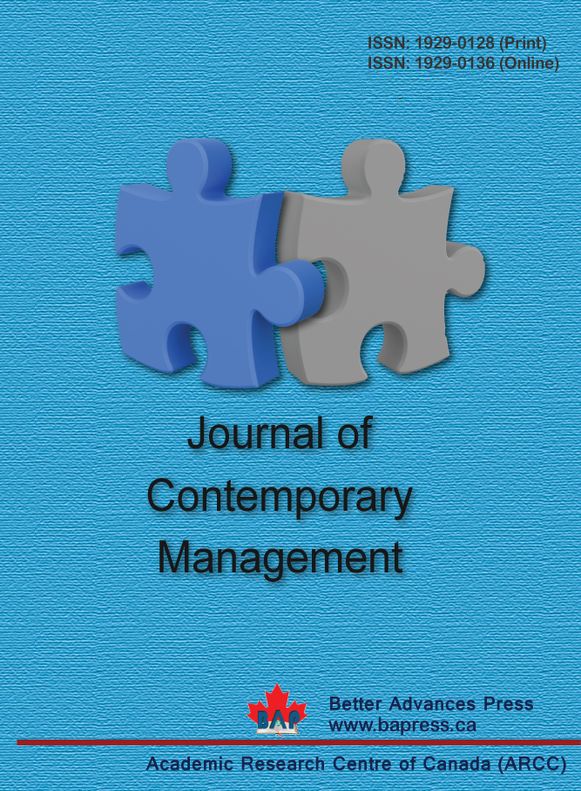Sectoral Impacts of Public Expenditures on Real Wages: Evidence from Brazilian States
Abstract:
This work analyzes the sectoral impacts of public spending on real wages in Brazilian states. A panel covering the period of 1995-2014 for Brazilian states is used, with information on public expenditures, gross domestic product and average real wages in seven sectors of activity, with impulse response functions extracted from panel VAR models. The sectors analyzed are Agriculture, Plant Extraction, Hunting and Fishing, Services, Commerce, Construction, Manufacturing, Public Utility Services and Mineral Extraction. The sectoral analysis is relevant given the possibility of asymmetries in real wage responses to fiscal policy in different sectors. From this exercise, it is possible to make inferences about the labor market in these sectors in Brazil, and infer if the outcomes are similar to those found in the Real Business Cycles tradition, i.e., with negative responses of real wages to shocks in the budget spending of states, or if the fiscal shocks increase real wages, as observed in the New Keynesian models. The evidence suggests that both GDP and real wages respond positively to shocks in public spending in all sectors analyzed and that these impacts are greater in the states in the South, Southeast and Midwest regions of Brazil.
Keywords:
Public expenditures; Labor market; Panel VAR; Impulse response function; Brazilian states
JEL Classification:
E62, E24, E69, C33
Citation as:
Joao Paulo Rios e Silva, Elano Ferreira Arruda, Felipe de Sousa Bastos, and Pablo Urano de Carvalho Castelar(2018). "Sectoral Impacts of Public Expenditures on Real Wages: Evidence from Brazilian States", Review of Economics & Finance, 14(4): 55-70.




 This Journal is under the license of CC-BY-SA.
This Journal is under the license of CC-BY-SA.